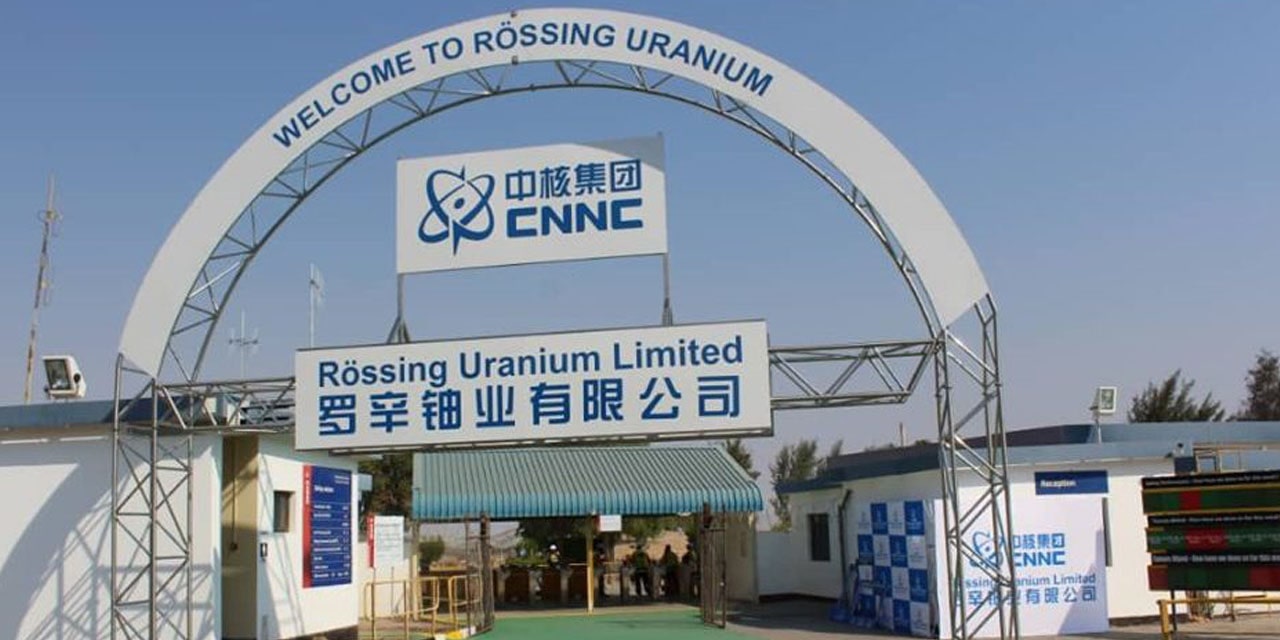Chamwe Kaira
Rössing Uranium is holding N$421 million in restricted Iranian funds in 2024, up from N$394 million in 2023. This money represents dividends owed to the Iran Foreign Investment Company (IFIC), a shareholder in the company.
The funds were first restricted under United Nations Security Council Resolution (UNSCR) 1929. Although that resolution was later repealed by UNSCR 2231, some sanctions remain in place.
The United States Treasury’s Office of Foreign Assets Control (OFAC) lists IFIC as a government-controlled entity. It has also placed IFIC on its Specifically Designated Nationals and Blocked Persons List.
“The board has critically assessed this risk and resolved to continue to keep these dividends under escrow until a viable and legally acceptable pathway for the release thereof, without the company attracting sanctions, can be found,” the company said.
Rössing said it will continue reviewing this approach based on the legal conditions of the remaining sanctions.
“At the request of the shareholder, the funds have been invested in a EURO denominated fixed deposit account. The euro deposit remains under the control of the company.”
On the uranium market, Rössing said nuclear energy has regained its position as a key part of global energy plans more than a decade after the Fukushima disaster.
“As of early 2025, 436 operable nuclear reactors worldwide generate approximately 396 GWe. Projections indicate further growth, with the reactor fleet expected to reach 480 units by 2030 and 540 units by 2035, led primarily by Asia, particularly China,” the company said.
Rössing said the uranium market remains strong, though supply issues and shifting policies continue to cause price changes. It pointed to the temporary halt of production at Kazakhstan’s JV Inkai project and ongoing challenges in Niger as examples.
It expects gradual increases in production in Kazakhstan and Canada. New mining projects like NexGen’s Rook I and Denison’s Wheeler River could move forward in 2025, depending on market trends and contract decisions.
Rössing is also watching changes in uranium conversion and enrichment capacity. It said financial players are still active in the market, pulling supply from the spot market and affecting prices.
“Despite short-term uncertainties, the long-term outlook for nuclear energy remains positive. Governments worldwide continue to invest in reactor construction and fuel cycle infrastructure to ensure energy security and achieve climate goals.”




